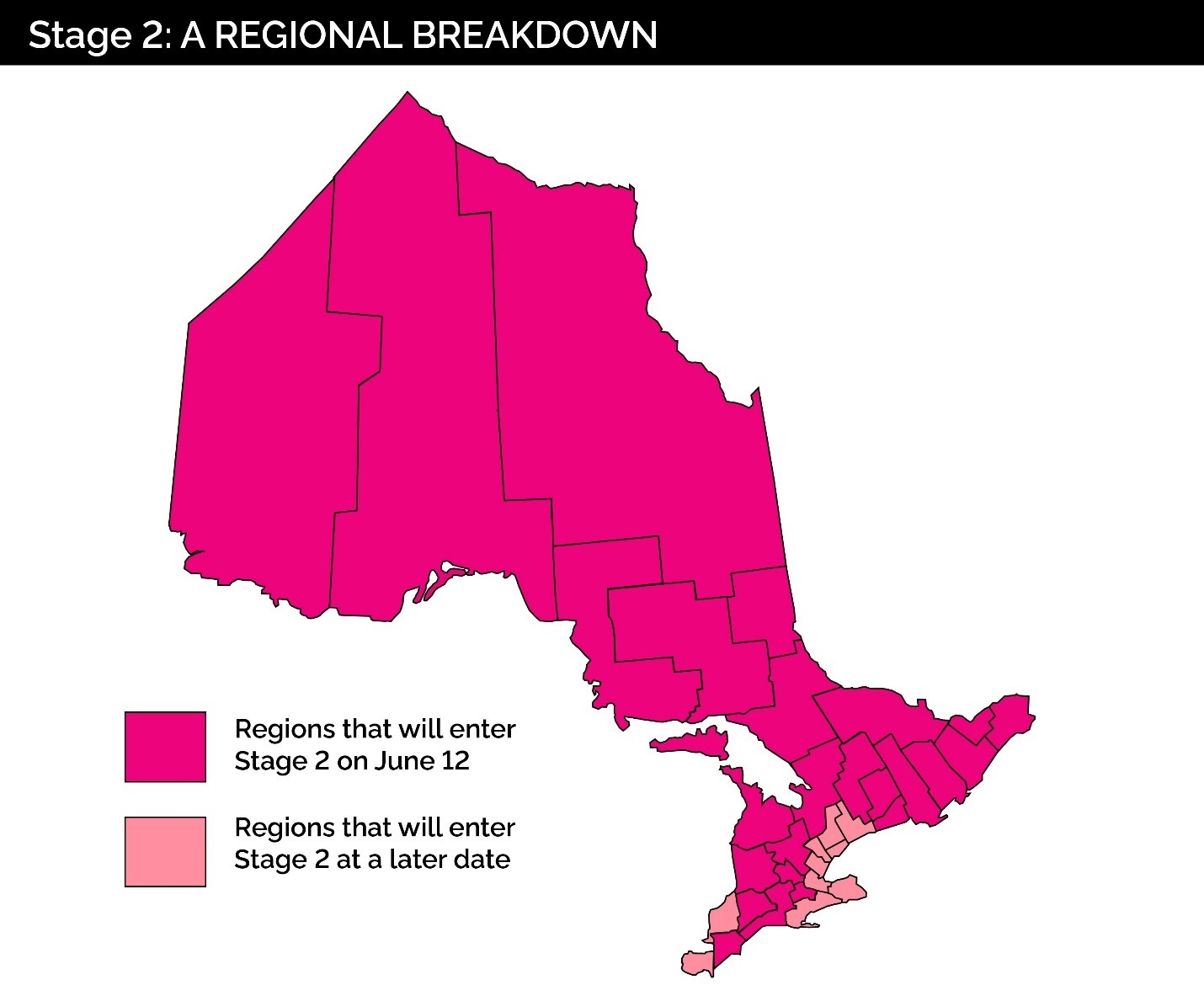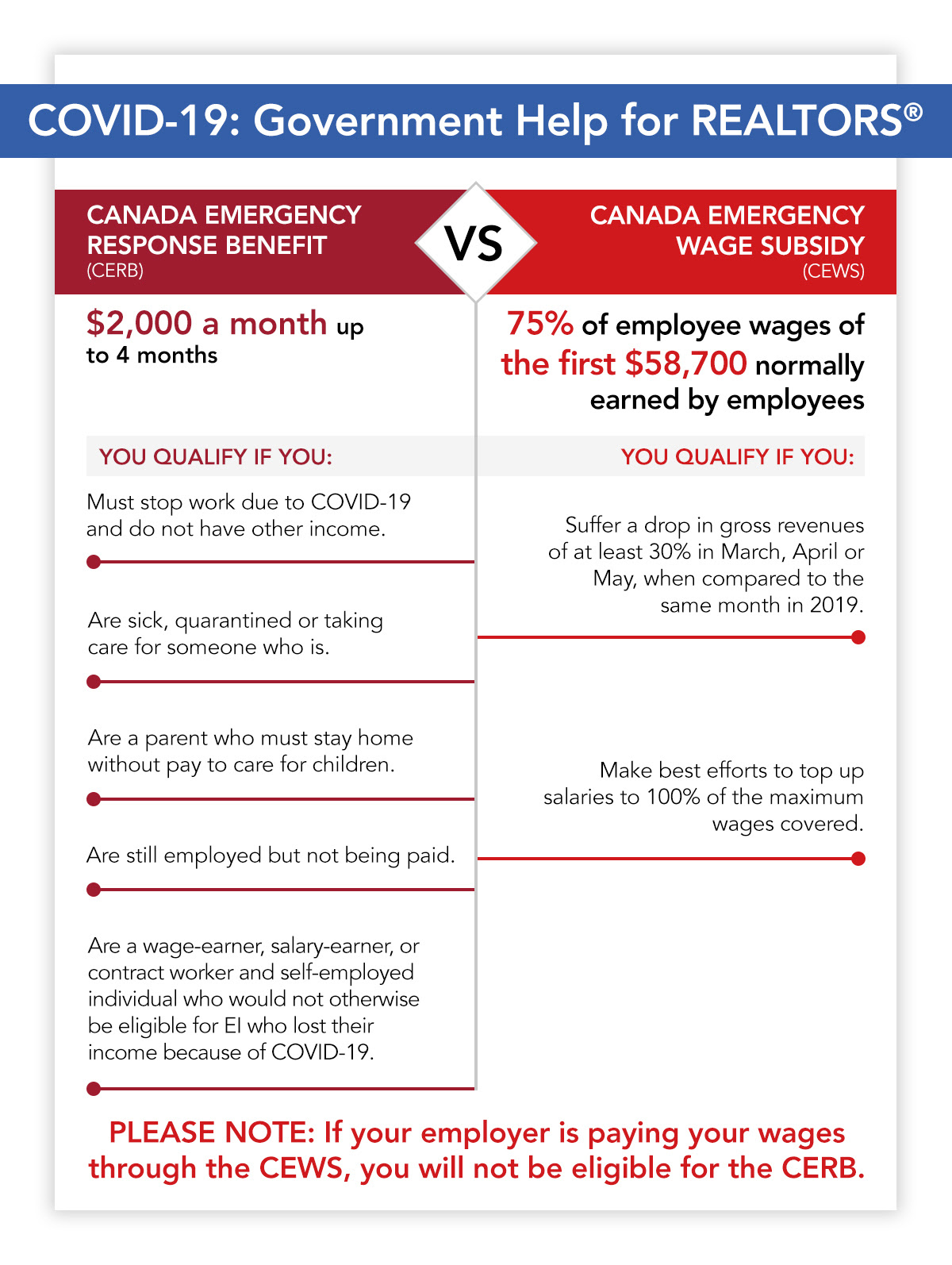More REALTORS® Can Now Access the Canada Emergency Business Account
On October 26, 2020, Federal Finance Minister, Chrystia Freeland, announced that the CEBA would be available to businesses that have been operating out of a non-business account through their financial institution.
The CEBA program provides interest-free loans of up to $40,000 to small businesses that have experienced a loss in revenue due to COVID-19. Repaying the balance of the loan on or before December 31, 2022, will result in loan forgiveness of 25 per cent (up to $10,000).
Eligible businesses include those who had a total payroll between $20,000 and $1.5 million in 2019, as well as sole proprietors receiving business income directly and family-owned corporations remunerating in the form of dividends. Businesses must also have an active Canada Revenue Agency business number with an effective date of registration on or prior to March 1, 2020.
If you are currently operating a small real estate business through a personal account with your financial institution and meet the above outlined eligibility requirements, you may now open a business account with your financial institution.
Once you have successfully opened a business account, you can apply for CEBA by contacting your financial institution. The deadline to apply is December 31st, 2020.
If you are wondering if the CEBA program is right for your business, the Government has created a pre-screening tool to provide business owners with an indication of their eligibility.
The Government has also created a CEBA Call Centre, which can be reached at 1-888-324-4201 between Monday and Friday from 8 a.m. to 9 p.m.




